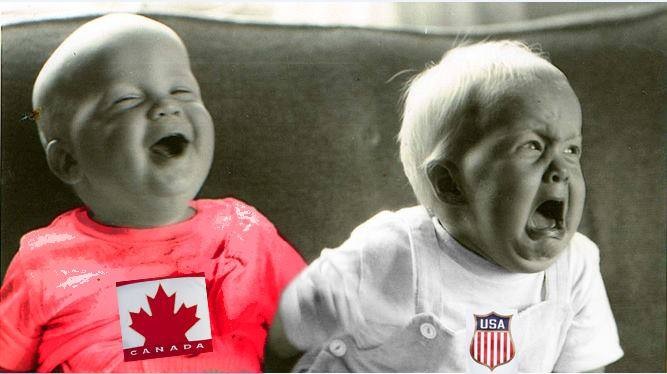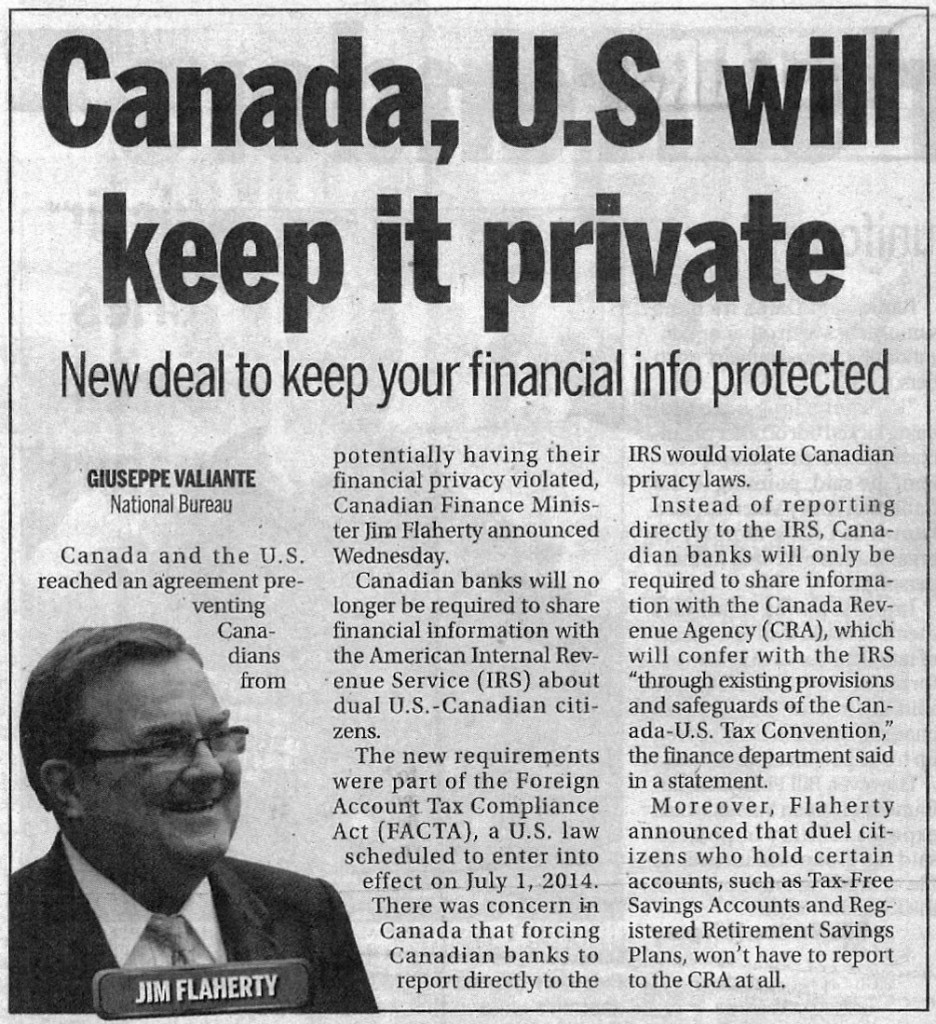Thanks to noone for spotting this significant new article from the South China Morning Post. This may be one of the first examples of non-FFI’s applying full 30% withholding directly to the salaries of overseas Americans – in this case, US pilots working for Cathay Pacific. Until now, most attention has been focussed on the role of foreign financial institutions, but now we see the first tangible signs of how FATCA will permeate the entirety of international business relations and reporting practices. How soon before NO Americans can work outside the compound, completing the self-destructive process whose beginnings Roger Conklin remembers so well from his days as a Telecoms executive?
Cathay to withhold US pilots’ wages for taxes
Airline says new laws are forcing it to hand over 30 per cent of salaries to American authorities
Cathay Pacific Airways is to start withholding about 30 per cent of its American pilots’ salary every month and pass the money to the US tax authorities together with the pilots’ personal information this year.
While the airline told the South China Morning Post the move was designed to comply with US tax regulations, its decision has been challenged by legal and tax experts in Hong Kong.
They said companies in Hong Kong had no obligation to fulfil demands made by a foreign government because of the two different jurisdictions.
Lawyer Albert Luk Wai-hung said that if the airline observed the US regulations, the affected pilots could sue the airline for underpaying them because part of their salaries would not find its way into their pockets. That could violate the spirit of their contracts.
“The company also cannot pass their employees’ personal information to any third parties without their consent,” Luk said, pointing to the Personal Data (Privacy) Ordinance.
At the centre of the controversy are two US tax regulations – an income tax withholding requirement in the Internal Revenue Code and the Foreign Account Tax Compliance Act.
Patrick Yip, a national financial services tax leader at Deloitte Touche Tohmatsu, said the tax withholding law required overseas companies which hired US citizens to withhold an amount of tax and pass it to the US Internal Revenue Service. It applies to US citizens who make more than US$97,600 a year – about HK$63,000 a month.
“But practically, Hong Kong and the US are two jurisdictions so I have never seen any companies here which comply with this law,” Yip said, adding there would be no penalty even in the case of non-compliance.
“Even the US companies in Hong Kong which have US employees don’t do it … no wonder the pilots have such big reactions because no one has ever heard about it.”
Cathay will start withholding tax from the second quarter of the year, and pilots said it would affect 300 to 500 of them – up to 18 per cent of cockpit crew.
The pilots said they already had to pay Hong Kong and US taxes, but before Cathay changed its policy they could file US taxes themselves once a year.
CPA Australia’s divisional president for Greater China, Ronald Yam, and the chair professor of accounting at the University of Hong Kong, Amy Lau Hing-ling, said they had not heard of a local company withholding US employees’ taxes.
As for Fatca, it was passed into law in 2010 but will only take effect in July this year.
The anti-tax evasion law requires foreign financial institutions such as banks to declare to US tax authorities the foreign holdings of anyone liable under US tax.
“The US Internal Revenue Service is actively seeking airlines flying into the US to ensure they are fully compliant with all US income tax requirements,” Cathay said. “As an international airline flying into the US, we are working with the IRS on this compliance.”
Cathay added that no disclosure of information would be made to the IRS without “notifying” the pilots.
Yip, an expert on Fatca, said that if Cathay did not comply, the US tax authorities would withhold 30 per cent of its US-source income.
He said it was “strange” that the tax authorities had demanded airlines declare pilots’ financial details because airlines were not financial institutions.
Two American pilots employed by Cathay said the plans would create cash-flow problems for them. They also said that filing tax was a complex matter and they were concerned they might pay more than they should.







